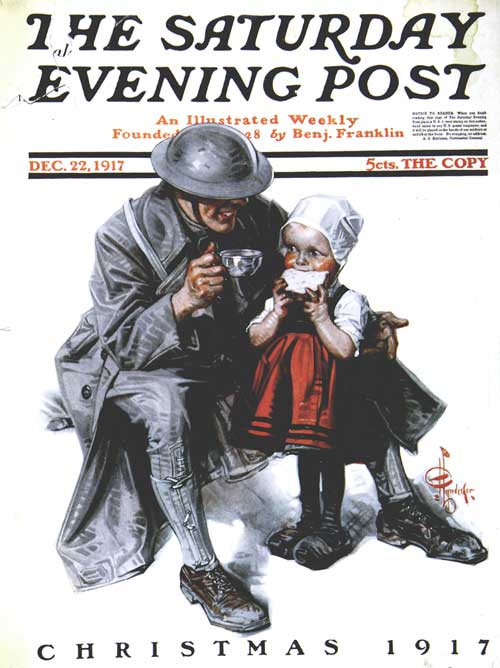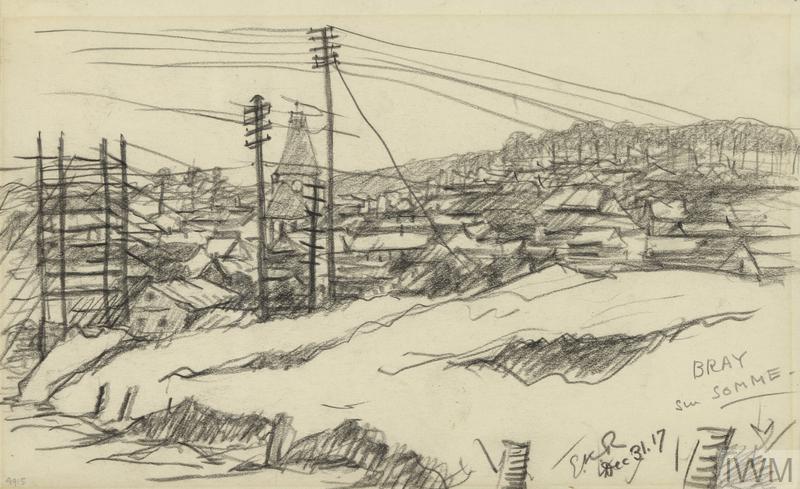
Imperial War Museum image. Bray-sur-Somme, December 31 1917 (Art.IWM ART 4915) Copyright: © IWM.
This sketch was made a hundred years ago today, December 31, 1917, by British officer Major Geoffrey K Rose. It shows the French town of Bray-sur-Somme.
Major Rose (1889-1959) served on the Western Front for three years, and made over 150 sketches during that time. Bray-sur-Somme was initially occupied by the Germans in August 1914, but was evacuated in October of that year, with the front being north of town. For the next 26 months, including when this sketch was made, the town served as a center for rest and recuperation for the French Army, and later the British.
It is thus likely that Maj. Rose was on leave when he made this sketch. In March 1918 the town was, however, taken again by the Germans, and it remained in their hands until the town suffered heavy damage when the British re-took it in August 1918.

L’église Saint-Nicolas, Wikipedia photo.
Recognizable in the sketch is the distinctive tower of the Church of Saint-Nicolas, shown here in a modern photo.


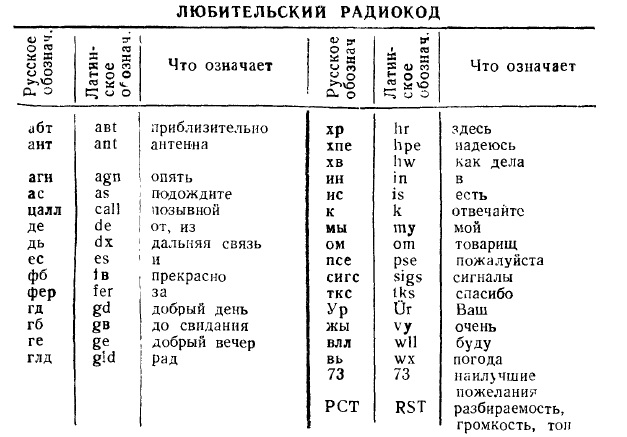
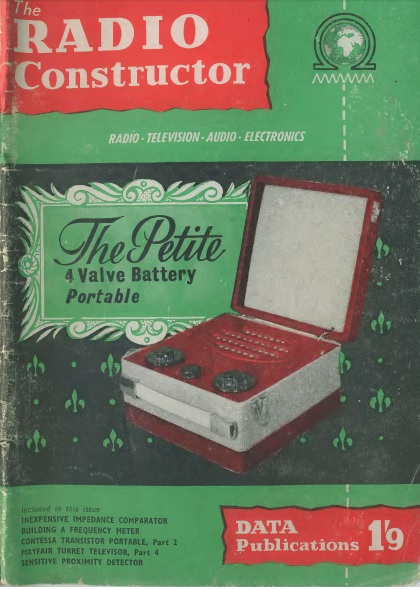
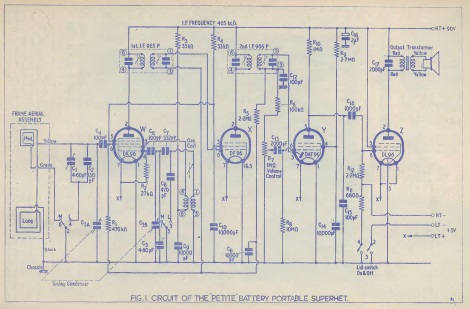
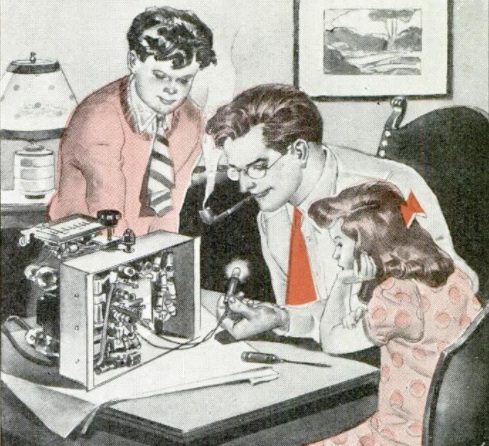
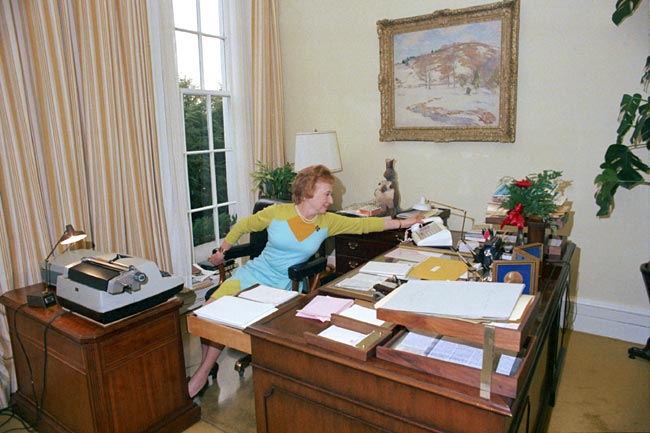
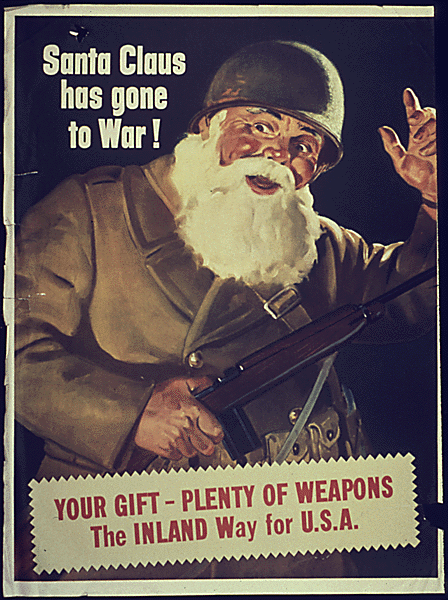 As a public service, we once again bring this reminder of the critical importance of keeping your name off the naughty list.
As a public service, we once again bring this reminder of the critical importance of keeping your name off the naughty list.